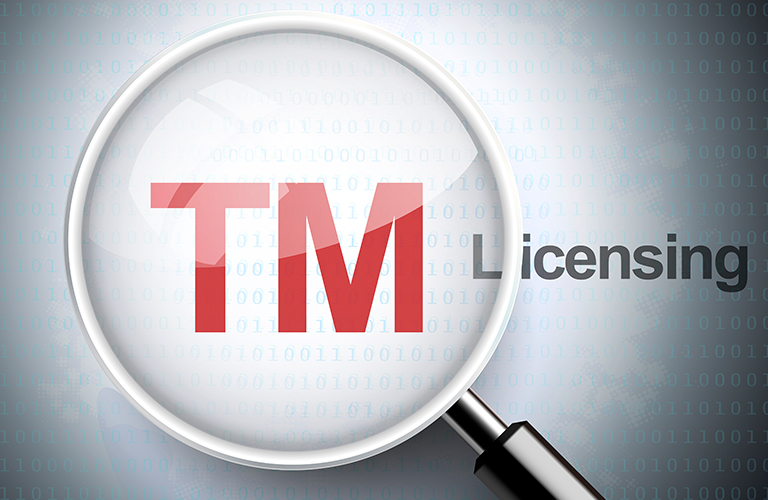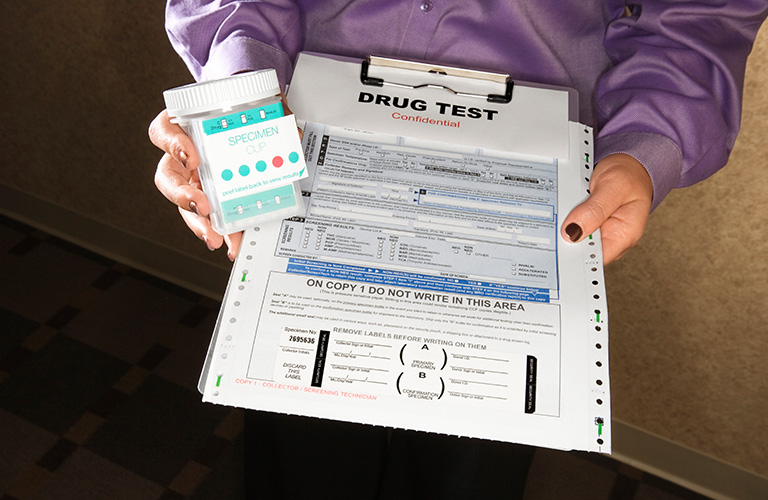
SGR partner Bruce McDonald is co-chairing the annual Spring Meeting of the American Bar Association Section of International Law this year at the Capital Hilton in Washington, D.C., April 25 – 29, 2017. The ABA Section of International Law has over 20,000 members and is one of 27 sections and divisions of the ABA. The Section has approximately 60 committees and publishes The International Lawyer, one of the oldest and best known quarterly journals on international law. Currently there are more than 1,000 attorneys from around the world registered for the Spring Meeting, with several hundred more expected. In 2008,… Read more

On March 27, 2017, President Trump signed a Congressional Review Act resolution that rolled back President Obama’s Fair Pay and Safe Workplaces Executive Order 13673 that required bidders for federal contracts to disclose their labor law violations. In addition, President Trump issued an Executive Order officially revoking President Obama’s initial Executive Order. President Trump’s Executive Order can be found here. Under President Obama’s Executive Order 13673, bidders on most federal contracts worth more than $500,000 were required to disclose any labor law violations over a period of three years. These disclosures were then taken into account by federal contracting agencies… Read more

On March 23, the District Court for the Eastern District of Virginia held that Dominion Power’s discharge of pollutants via a groundwater pathway was in violation of the Federal Clean Water Act (CWA). Sierra Club had filed a citizen suit against Dominion, arguing that discharges from coal ash ponds and related facilities were discharging pollutants including arsenic via groundwater to the Elizabeth River. The decision is notable in that prior to the March 23 decision, very few courts had considered the issue of authority under the CWA to address discharges to groundwater. Generally, EPA and state agencies have not sought… Read more

On Monday, March 6, 2017, the Energy and Commerce Committee and the Ways and Means Committee of the U. S. House of Representatives released the American Health Care Act (the “Act”), which would repeal and replace portions of the Patient Protection and Affordable Care Act (the “ACA”). Notable provisions in the Act that would affect employer-sponsored health plans include: Reduce to zero the penalty for employers that fail to offer minimum essential coverage to their employees. Reduce to zero the individual mandate to obtain health insurance. Replace income-based tax credits for purchasing private insurance with age-based tax credits. Encourage the… Read more

Cooperative Directors and Managers: The New York Court of Appeals recently issued its decision in the case of Del Terzo v. 33 Fifth Avenue, which had been moving through the New York courts for four and half years. The decision is significant because it establishes statewide limitations on the exercise of board discretion in many cooperatives insofar as reviewing the applications of family members to acquire apartments following the death of a lessee. At issue in Del Terzo was the application of a proprietary lease provision providing that after the death of the lessee “consent shall not be unreasonably withheld… Read more

The IRS has published substantiation guidelines for documenting safe-harbor hardship distributions from a 401(k). It provides what an IRS examiner would request on an audit to substantiate that a 401(k) plan hardship distribution is “deemed to be on account of an immediate and heavy financial need” under safe-harbor standards. Note that the guidance does not address non safe-harbor distribution substantiation. Click here for the IRS Guidance.

This is a true story. The names have been changed for purposes of confidentiality. I debated with myself about whether or not to write a newsletter piece on this transaction. However, the matter was of such a nature, and the consequences so dramatic, that the story needed to be shared. What was at stake was this: Either the principal shareholders started over from scratch, with years of toil and sacrifice being for nothing, or they would never have to work again. The transaction lasted longer than normal; for a period of 5 months, with hope and despair going from one… Read more

The PTO has amended its rules, effective February 17, 2017, with respect to the examination of affidavits/declarations of continued use in commerce/excusable nonuse filed pursuant to Sections 8 and 71 of the Trademark Act. Under the new rules, the PTO may require submission of information, exhibits, affidavits or declarations, and such additional specimens of use as may be reasonably necessary, to ensure the register accurately reflects marks in use in commerce in the U.S. for all goods/services identified in the registrations, unless excusable nonuse is claimed in whole or in part. These amended rules will allow the PTO to require… Read more

The New York Department of Financial Services (“DFS”) recently issued proposed cybersecurity requirements for financial services companies. The proposed regulation would be codified at 23 NYCRR 500, and would be effective March 1, 2017. This action, which places New York squarely in the vanguard of US regulators, will have wide-ranging effects given the number of banks, insurance companies, and financial services companies that are licensed in New York. It will also affect companies that do business with those regulated companies, referred to in the proposed regulation as “Third Party Service Providers,” whether or not the business affiliates are otherwise required… Read more

Authored by Darren Rowles and Scott Cahalan Occupational Safety & Health Administration (“OSHA”) requires that employers inform employees about how to report occupational injuries and illnesses.[1] OSHA recently updated its rules to clarify that the reporting method required by employers must include (1) a “reasonable procedure” for employees to report work-related injuries and illnesses, and (2) not discriminate or retaliate against employees who report such injuries or illnesses.[2] A procedure is unreasonable if it would deter or discourage a reasonable employee from accurately reporting a workplace injury or illness.[3] OSHA’s rationale for the new rules is to encourage employees to… Read more











